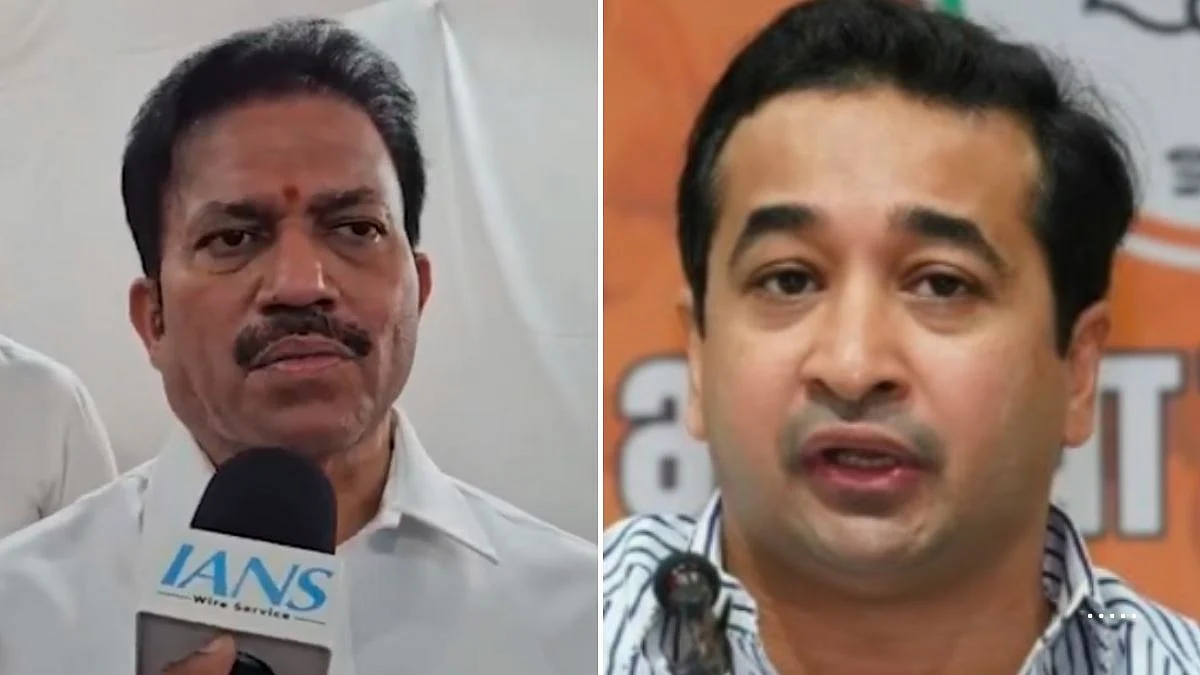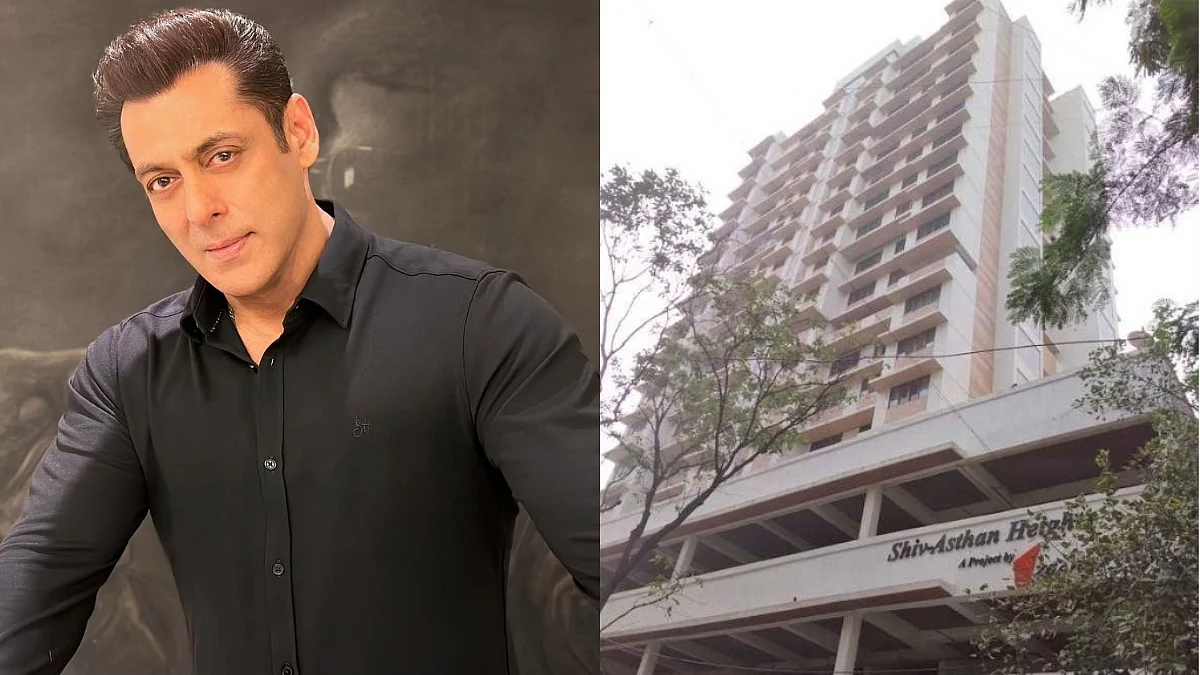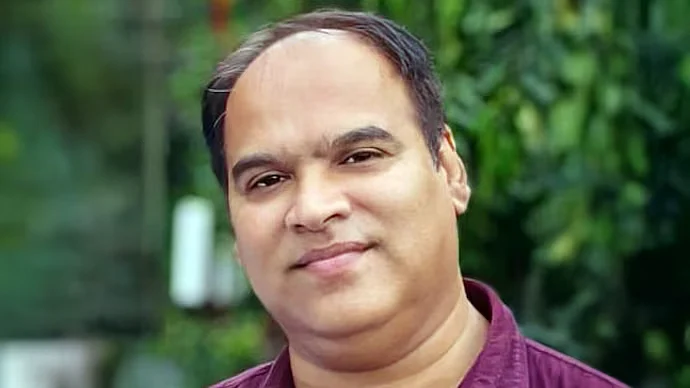A few months ago, I got married. It was a beautiful weekend, full of close family and friends, and in a spectacular landscape. As I thought about my wedding weekend, my eye fell on a painting of Malik Ambar, a once-enslaved Ethiopian who, in the 15th century, rose to eventually become the “Wajir” King of the Deccan Plateau. I couldn't help but marvel at his incredible resilience as he overcame immense adversity.
I know something of adversity, having been raised by parents who spent a good part of their lives fighting for social justice. My parents met in the ’80s while they were both in the JP movement and later also joined the farmer’s movement led by Sharad Joshi. My father comes from a backward caste, having grown up in very rural settings in Satara district, and my mother belongs to an urban Jain family from Mumbai.
I thought about how my wedding had no priests or religious rituals, and how my partner and I were happy to share vows that talked about our mutual love and respect and our commitment to equality. Then suddenly, a stark truth revealed itself to me. While four of my closest friends are either Muslim or from nomadic tribes, of our 150 guests less than 10% were from the Dalit community. Very few were Muslim. In a nation where Scheduled Tribes (ST) and Scheduled Castes (SC) constitute a fifth of the population, my so-called liberal values seemed to fall short. While a fair number of guests hailed from nomadic tribal communities and Other Backward Castes (OBCs), they were primarily members of my father’s family. My partner tried to comfort me saying that these low figures were because we had a small wedding. Ironically, this only deepened my discomfort. The fact is that more than half my close friends belong to the upper caste, and I have more friends who are foreigners than Dalits. Considering how proud I am of my diverse background and relationships, this was a very disheartening realisation.
I was forced to reflect more deeply. I had grown up in a diverse rural setting — what had happened to all the people from the Dalit community in my village and district that I had known? How had they all dropped out of my close circle of friends? I had been to a Marathi-medium government school. I started to realise that most of my Dalit friends had been forced to drop out of school between the eighth and tenth standard. Many of them now work as wage labourers or in menial jobs, while some have succumbed to illness. This realisation brought home the grim reality of unequal opportunities and discrimination faced by Dalits at all levels in India. Shockingly, on average, a Dalit dies 14 years before their upper-caste counterpart.
I had not invited more Dalits to my wedding because, aside from a few exceptions, unequal opportunities and discrimination had prevented my friends from being able to continue their schooling and they had slowly but surely moved out of my circle. My childhood best friends Amit, Rama and Ranjeet are an exact example of that. Amit discontinued his studies after 9th standard, moved to Mumbai for wage-labouring jobs, and at the age of 22 died of illness. Rama and Ranjeet ended up dying due to alcohol abuse.
Looking down at my wedding list, I came face-to-face with a harsh truth about myself — that apart from a few, many of my Dalit friends from school are no longer part of my life. Yet, amidst this self-reflection, at last I looked again at the Malik Ambar painting, and smiled; I had realised one thing — that if my mother had not had the exposure to Gandhian, socialist, secular and liberal values, if my mother hadn’t been Jain and if she had been from my father’s caste, would I ever even have had Malik Ambar’s painting? And would I even get an opportunity to go to the US? Would it be that simple for me to start my own organisation? I guess for all this the answer is no — or frankly, is it a question to myself?
Prabhat Sinha is the Founder of Mann Deshi Champions (prabhat@manndeshi.org.in)










